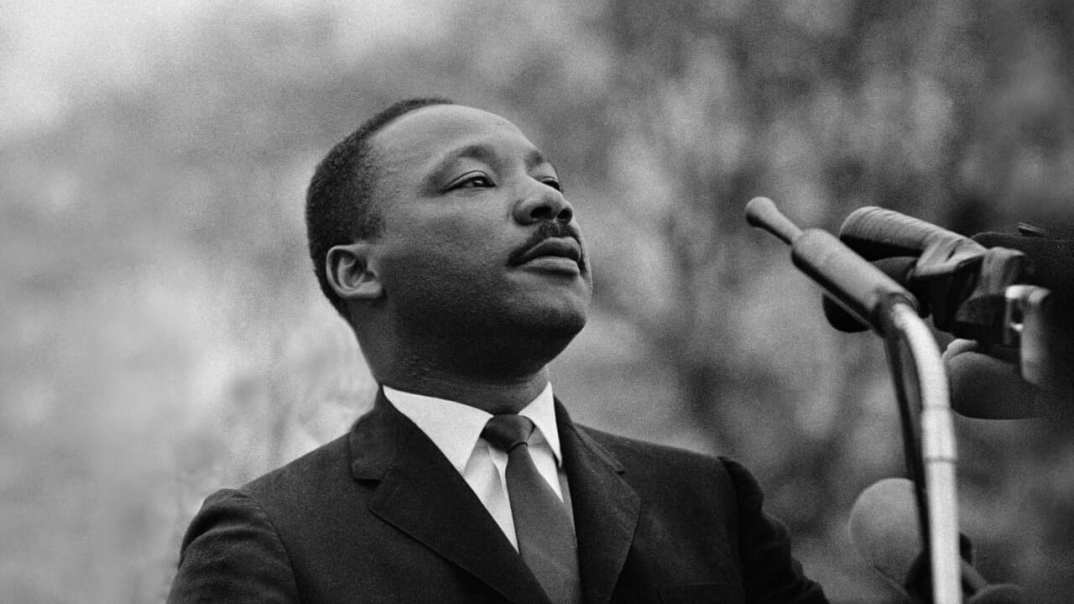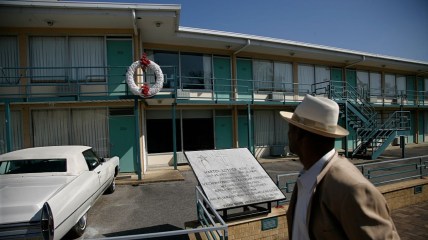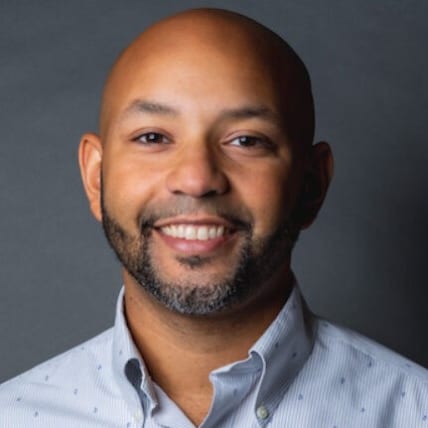Martin Luther King Jr. was ‘woke’
OPINION: The Supreme Court seems likely to overturn affirmative action in college admissions later this year. But if King were alive today, he would be fighting to the bitter end to protect affirmative action, and those same conservatives who claim to revere him now would be attacking him as radical and "woke."

Editor’s note: The following article is an op-ed, and the views expressed are the author’s own. Read more opinions on theGrio.
Today marks 55 years since Martin Luther King Jr. was assassinated by a white supremacist in Memphis, a reminder that the civil rights champion was not as universally revered then as he ostensibly is now. When the Supreme Court likely puts an end to affirmative action in a few months, many in the conservative movement will trumpet King’s “I Have a Dream” speech, not only justifying but also enjoining us to bring an end to racial justice efforts.
But the court won’t just stop with affirmative action. Their crusade will carry on toward eliminating “race-conscious” policies in employment, supply chains, and even corporate board composition — undoing decades of progress in American life, all in King’s name. But the truth is, If he were alive today, King would be fighting to the bitter end to protect affirmative action, and those same conservatives would be attacking him as radical and “woke.”

Memphis: A tale of two cities
King made no secret of his belief that work had to be done to bring people together and create true and equal inclusion. “Desegregation alone is empty and shallow,” he said in a different speech the year before his “I Have a Dream” speech in 1963. “We must always be aware of the fact that the ultimate goal is integration and that desegregation is only a first step on the road to a good society.” It cannot be enough to merely end legal discrimination. “Integration is the positive acceptance of desegregated and the welcomed participation of Negroes into the total range of human activities,” he explained.
Today, we would call King’s project the work of diversity, equity, inclusion, and belonging.
This work of proactive inclusion is exactly what conservatives like Florida Gov. Ron DeSantis are opposing when they decry policies as “woke.” But King’s legacy is clear: If transgender children can go to school but not be their authentic selves, that’s not inclusion. If Black students can apply to Harvard, but they don’t have the same opportunities to enroll (or thrive) because they grew up in neighborhoods still experiencing the consequences of de jure and de facto segregation, that’s not inclusion. If we can’t even teach children how to be sensitive to differences among their classmates and create safe and welcoming classrooms, that’s not inclusion.
In too many places in our society, we do not even sit elbow to elbow, let alone “heart to heart” as King dreamed. As Justice Sotomayor remarked several years ago, “Race matters because of the slights, the snickers, the silent judgments that reinforce that most crippling of thoughts: ‘I do not belong here.’” How much has changed? Our K-12 schools are still heavily segregated, as are our neighborhoods. Our universities still fall short of our ambitions for inclusion, and we are not anywhere close to a “sharing of power” in most major institutions in American life. On the affirmative action question, we’ve been locked into the theory that admitting minority students serves the educational interests of their white peers.
Yet, in nearly five hours of oral arguments last fall, the justices — conservative or liberal — did not once discuss the ideal of integration. In fact, several of the conservative justices expressed frustration with King’s dream, hoping for some endpoint for approaches like affirmative action. Chief Justice John Roberts’ questioning intimated that he still clung to his churlish dictum, “The way to stop discrimination on the basis of race is to stop discriminating on the basis of race.” After the murder of George Floyd and the largest racial justice protests in U.S. history, it should not be provocative to say, “That is not enough.”
But we know the Trump court isn’t interested in what benefits us all.
Dr. King warned us that the arc of justice does not bend unceasingly toward justice and that we must brace ourselves for setbacks. So when this Supreme Court inevitably hands us another setback, we must forge ahead. We should vigorously compensate by recruiting diverse students into our schools and then retaining them by actually reflecting their experiences and histories in our curricula.
We have a roadmap. After California, the nation’s most diverse state, banned the consideration of race in admissions to its universities, UCLA and UC Berkeley lost nearly half of their incoming Black and Latino student populations. They found other approaches, like aggressive recruitment strategies, but they were expensive and took over two decades just to bring numbers back to similar previous levels.
We can replicate their efforts elsewhere, but other cities and states must be equally committed to the end goal. It is not enough to merely end discrimination; we must fight for an integrated society. We can’t all sit together at the “table of brotherhood” until everyone is actually invited to do so. That’s “woke” — and it’s what Dr. King fought and died for.

Rakim H.D. Brooks is the president of Alliance for Justice and a public interest lawyer.
TheGrio is FREE on your TV via Apple TV, Amazon Fire, Roku, and Android TV. Please download theGrio mobile apps today!

